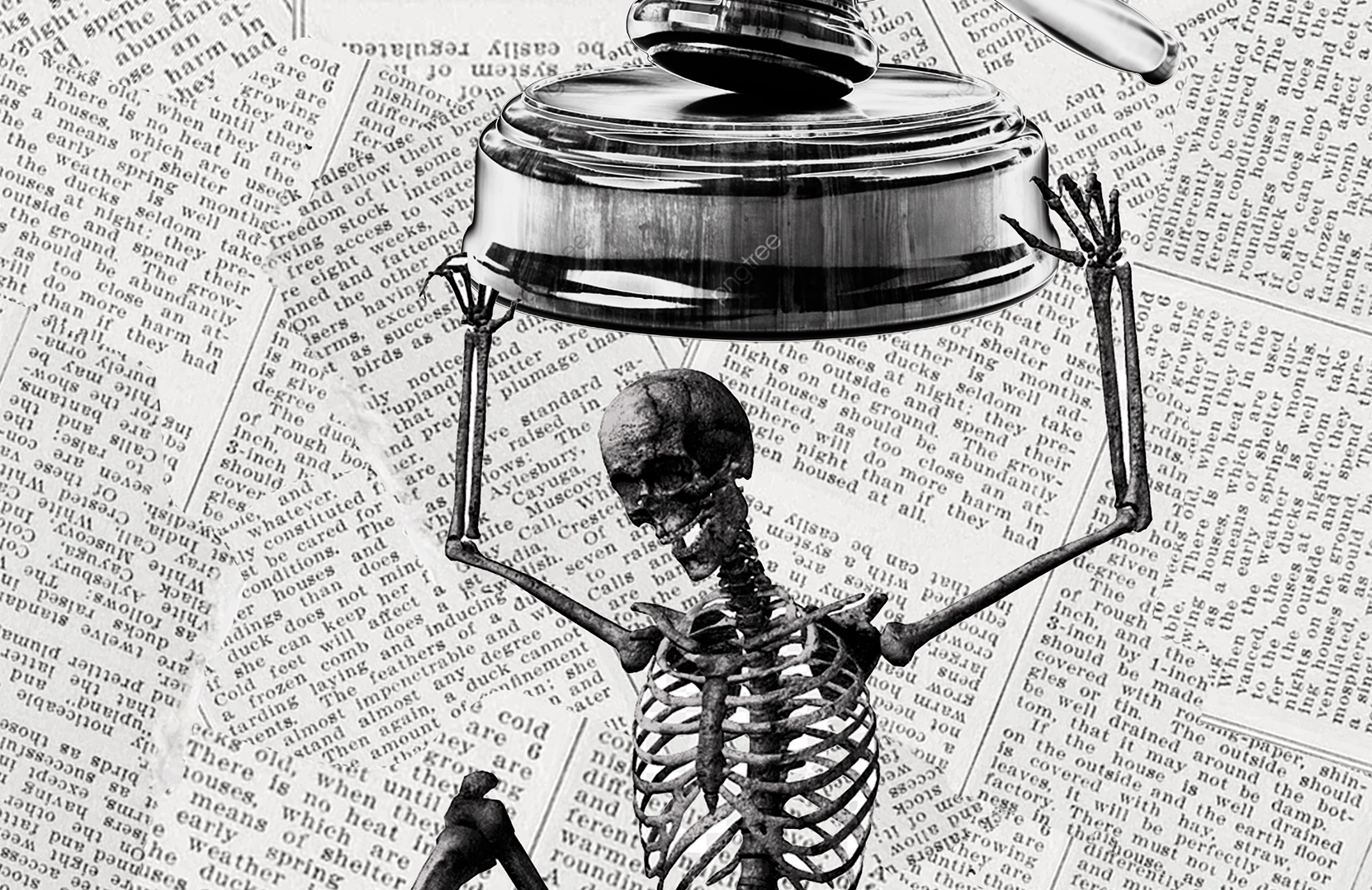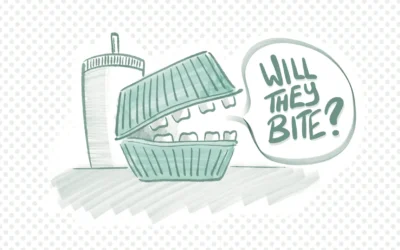People insist on making a connection between journalism and democracy in the North American media sphere, with democracy being viewed as the freedom of the people, and journalism being championed as a driving force for that freedom. When I say democracy, I mean the simple definition: a government driven by the free will of the people. The idea that journalism and democracy are inseparable is a byproduct of how we talk about freedom, governance, and the role of media in North America. Democracy is seen as a system that nurtures journalism, ensuring the press remains free to inform the public. I think this assumption ignores that journalism exists independently of democracy, and often fights against the forces that claim to protect it. The idea that journalism should serve democracy makes sense on paper because, ideally, journalism should serve the public, not corporate or political interests. But that’s the ideal, and journalism fails to live up to it over and over again.
I don’t think journalism has to exist within a democracy. In fact, I think the exact opposite. Without journalism, democracy breaks down. Look at the 2014 occupation of Crimea by Russia. The Russian military seized the peninsula and almost immediately began silencing journalists. The crackdown on journalism wasn’t coming from a lack of democracy, it was the first step in ensuring it didn’t return. Journalism often persists in places where democracy is completely absent. What journalism needs is people willing to report, document, and expose the truth. On the other hand, democracy can’t function without journalism. Without access to authentic, trustworthy reporting, people lose a large part of their ability to make freely informed choices, and democracy erodes.
But again and again, journalism continues to be dubious. The Washington Post is owned by Jeff Bezos, one of the richest men in the world, which raises questions about its ability to freely report on corporate issues. The CBC, Canada’s public broadcaster, is frequently accused of a leftist bias, leading to questions about whether it stands as an independent voice or falls into a role of political influence. The same can be said for Fox News on the right, which shapes narratives to fit its ideological agenda. Journalism should be an independent entity, but too often it is a mouthpiece for those in power.
I see journalists in Gaza fighting every day to report the truth of the ongoing genocide they are experiencing. There isn’t a shred of democratic freedom in place, and yet journalists remain. They do not have the luxury of working within the protections of a democratic system. They are being actively targeted, killed, and silenced. Press offices have been bombed, and communication blackouts make it increasingly difficult to get information in or out. I think this serves as proof that the truth does not rely on democratic structures to survive. Journalism survives because it has to; it doesn’t just die in darkness. Even in so-called democratic nations, the press is constrained by corporate interests, political influence, and the motivators of profit.
I think we need to stop thinking of journalism as an extension of democracy. Without journalism, the people’s free will that is so often tied to a North American definition of democracy is impaired. But journalism today isn’t what it should be. It’s an owned commodity. A truly free press should not be dependent on any form of government. If we really care about democracy, there must be a demand for better press — not just a free press, but a press that is actually independent and willing to challenge real power, free from state control and corporate influence.
Graphic by Amanda Erickson





Excellent Amanda. You really made me think. The sad reality now is that so many of our news sources are controlled by ‘the powers that be’, like Bezos.
I’ve been checking out The Griff this morning.
Really loved ‘Good For Her’.